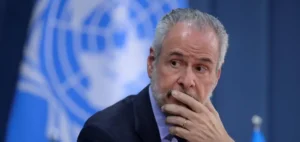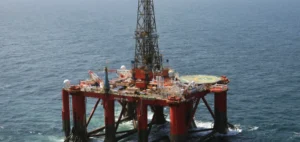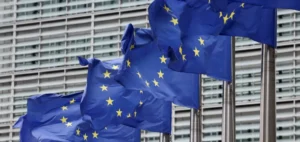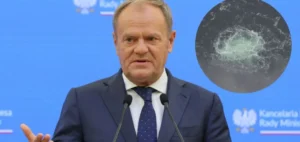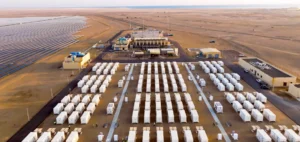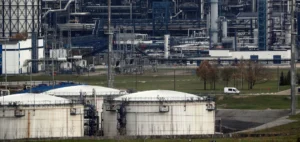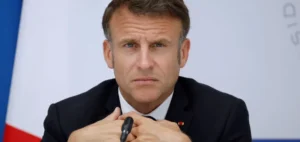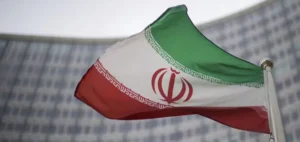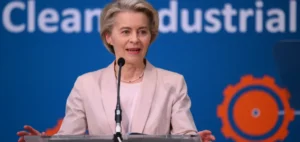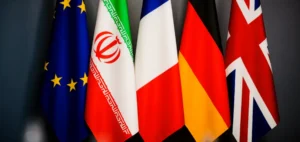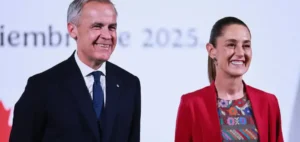The United States on Friday announced economic sanctions against two individuals and three entities accused of involvement in the illegal export of oil to North Korea.
Their actions “directly support the development of North Korea’s weapons program and its military,” the U.S. Treasury Department said in a statement.
The sanctions are aimed at preventing the country from “circumventing UN sanctions restricting the import of petroleum products” by using a system of illicit ship-to-ship transshipments, he added.
The announcement comes amidst a tense environment as North Korea launched two new ballistic missiles on Thursday and flew 12 fighter jets in formation, after firing another missile over Japan on Tuesday, the first time this has happened since 2017.
The North Korean regime has called the weapons tests “just retaliation” against Washington and Seoul and their military exercises in the region.
By imposing these sanctions, the United States wants to show that it “will continue to act against those who help the development and maintenance of the North Korean army and its military arsenal,” assured the U.S. Secretary of State Antony Blinken in a separate statement, denouncing in
missile fire again.
The sanctions announced Friday target Singapore-based Kwek Kee Seng and Taiwan-based Chen Shih Huan, as well as New Eastern Shipping Co Ltd, Anfasar Trading (S) Pte. Ltd and Swanseas Port Services Pte. Ltd.
These include the freezing of any of their assets and property in the United States, in addition to a ban on U.S. companies, including banks, from doing business with them.
The two sanctioned individuals and New Eastern Shipping Co Ltd are accused of owning or operating a vessel, “The Courageous”, which was used for transshipment and made at least one direct delivery to North Korea.
“The Courageous” made some of these transfers at night and took detours to “conceal its true destination or origin,” according to the Treasury Department.











